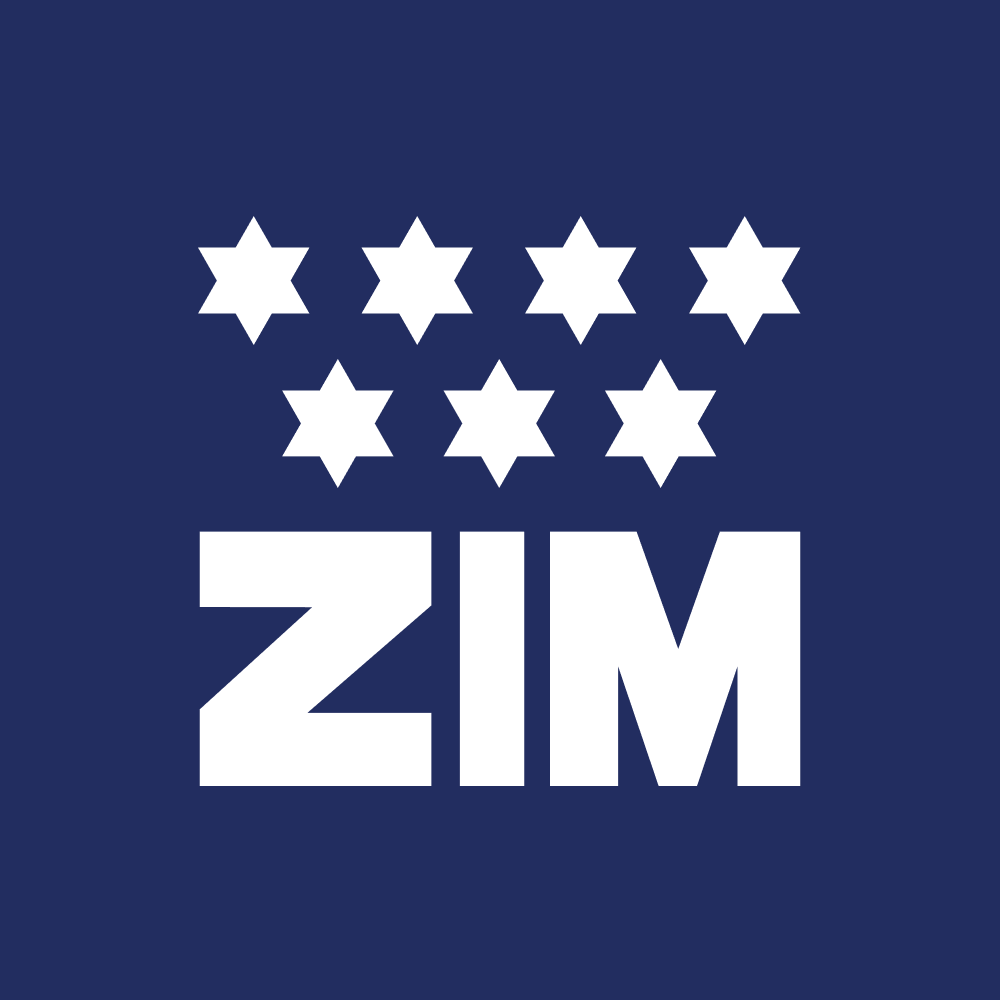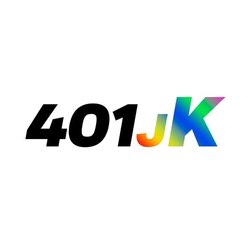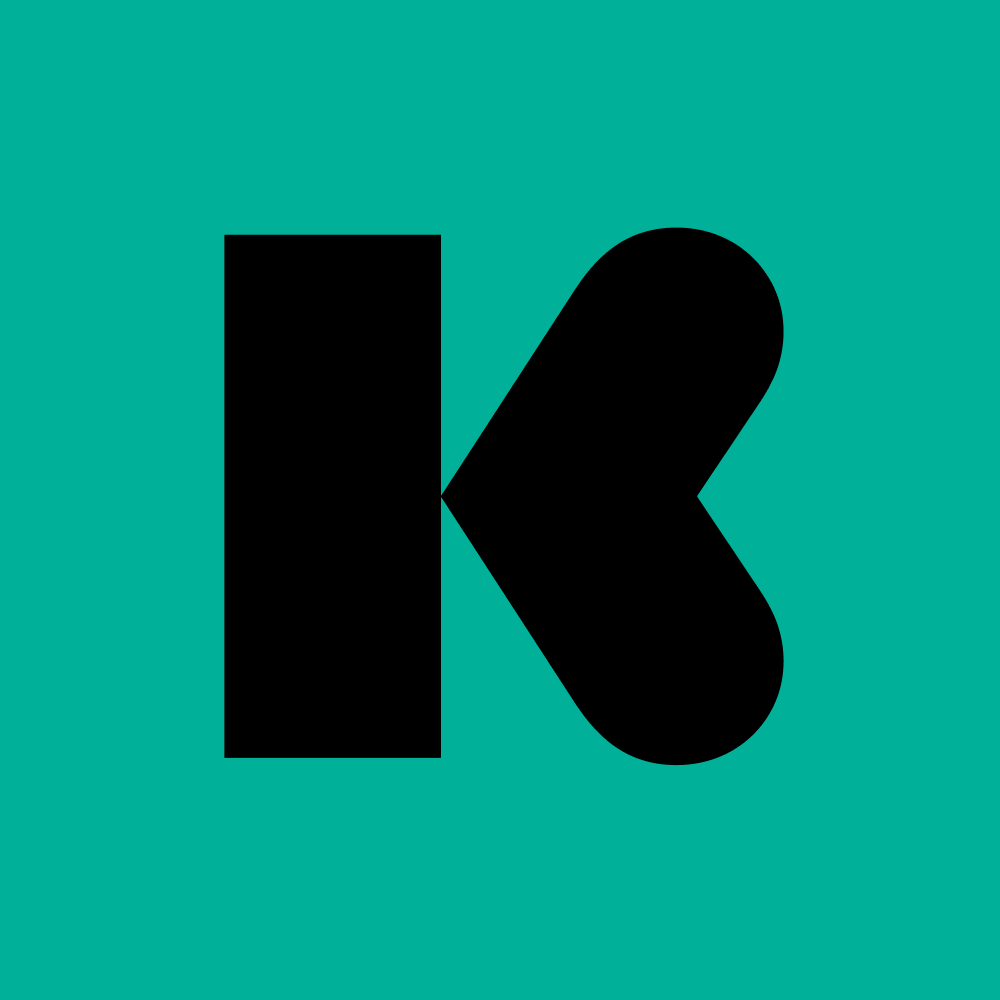Advertisement|Remove ads.
India Reportedly Eyes French Alternative To US Fighter Jet Engine Deal

India is considering a shift in its fighter jet engine strategy. It is reportedly looking at partnering with French aerospace company Safran SA, as negotiations with the United States drag on.
New Delhi is holding discussions with Safran SA regarding fighter jet engines, although the talks remain confidential, according to a report by the Economic Times. The report did not clarify whether India will opt to purchase the engines outright or pursue a joint development partnership.
French Partnership
India already has an existing fighter jet partnership with Safran, which supplies engines for India’s fleet of Dassault Aviation-made Rafale fighters.
Earlier this month, reports emerged that India was reviewing a proposal to acquire 114 Rafale fighter jets under a ‘Made in India’ model. Dassault Aviation would manufacture the jets in partnership with Indian aerospace companies.
The proposed project is estimated at over ₹2 lakh crore and mandates that at least 60% of the aircraft’s components be produced domestically, in line with the government’s ‘Atmanirbhar Bharat’ initiative. If approved, the total number of Rafales in India’s arsenal would be 176.
Tejas Mark-2 aircraft
The Indian Air Force (IAF) is preparing to phase out its ageing Jaguar and Mirage-2000 jets and replace them with nearly 200 new Tejas Mark-2 aircraft. While India had earlier announced plans to co-produce General Electric’s F-414 engines under a high-profile deal, talks around technology transfer and production timelines have dragged on.
This delay has prompted the government to explore alternatives, with Safran engines now under consideration.
HAL Wins Defense Contract
After market hours on Thursday, the Ministry of Defence signed a contract with Hindustan Aeronautics Limited (HAL) to buy 97 Light Combat Aircraft (LCA) Mk1A, which includes 68 fighters and 29 twin-seaters, at a cost of over ₹62,370 crore.
Deliveries are expected to commence in 2027-28 and continue over a six-year period.
The fighter jets will feature 64% indigenous content, including advanced systems such as the UTTAM AESA Radar and the Swayam Raksha Kavach. Supported by 105 Indian vendors, the project is expected to generate nearly 11,750 jobs annually.
HAL shares closed 1.1% higher at ₹4,776 on Thursday.
For updates and corrections, email newsroom[at]stocktwits[dot]com.










/filters:format(webp)https://news.stocktwits-cdn.com/large_Getty_Images_2254648547_jpg_a843db78b6.webp)
/filters:format(webp)https://news.stocktwits-cdn.com/Anushka_Basu_make_me_smile_in_the_picture_b92832aa_af59_4141_aacc_4180d2241ba8_1_2_png_1086e0ed8c.webp)
/filters:format(webp)https://news.stocktwits-cdn.com/large_Getty_Images_1000648682_jpg_6aa61e3574.webp)
/filters:format(webp)https://news.stocktwits-cdn.com/large_Getty_Images_2259602028_jpg_5b1a490e64.webp)
/filters:format(webp)https://news.stocktwits-cdn.com/large_Getty_Images_2259775985_jpg_a06a1e88c3.webp)
/filters:format(webp)https://news.stocktwits-cdn.com/large_dogecoin_OG_2_jpg_304df31f25.webp)
/filters:format(webp)https://news.stocktwits-cdn.com/large_vitalik_buterin_OG_jpg_7ac8ea93fe.webp)